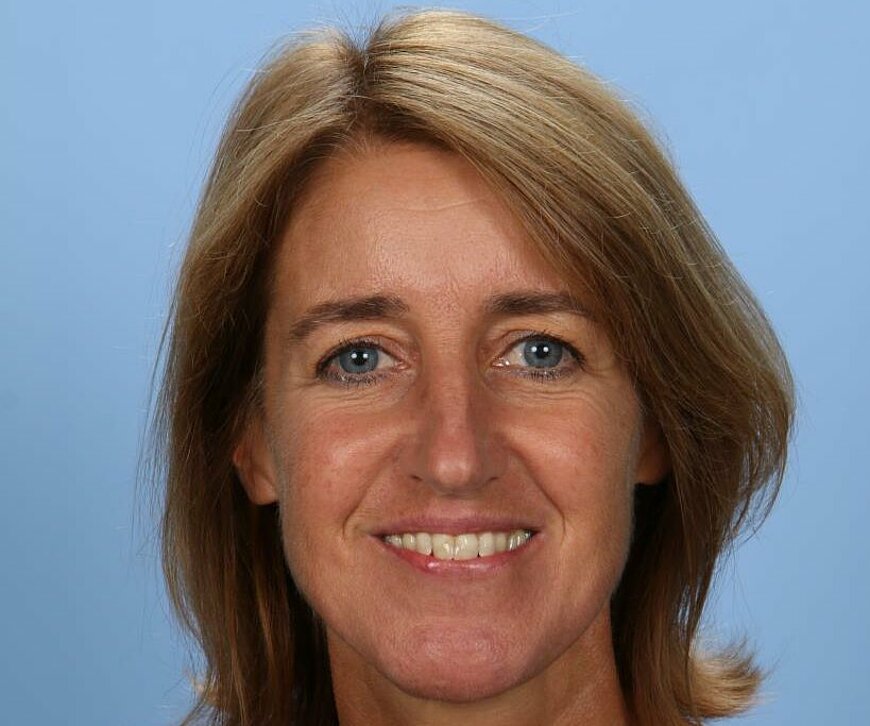Secondary schools in Brainport focus on stronger forms of hybrid teaching

Since the beginning of the COVID-19 crisis, it has become a common term: hybrid education. What it means is that the teacher knows how to find a mixture between classical, person-to-person education and a digital version of it. The practice of the past year has often been that, at all levels of education, the teacher would offer a lesson that would normally be taught in the classroom with a webcam - if the technical connections would allow it. Or that the teacher would be standing in front of the classroom, with half of the children in front of his or her nose and the other half at home behind the webcam.
And that's not ideal, as all those involved have realized by now. Teachers miss the interaction, children drop out because they cannot concentrate, parents are worried about the consequences for the cognitive and social development of their children. All the more reason, therefore, to address these needs, especially since this mixed form of education seems to be here to stay.
To this end, the 42 secondary schools in the 21 Brainport municipalities are now starting a project that can improve both technical and educational aspects. Rector Claire Arts of Eckart College calls it 'a challenge of the utmost importance'. "It is a technical issue and a didactic issue at the same time: how do you serve a class equally well inside and outside the school environment? And how do you accomplish that without being able to fully focus on either one of them? After all, we still have a situation in which some of the children will be inside the classroom and others at home.”
Arts is in a hurry to come up with a solution: "We want to reinvent the wheel while the car continues to drive. What's more, we're talking about a vulnerable target group that deserves all our attention." But at the same time, she wants to work on a more permanent approach. "Of course, the pressure will decrease after the corona crisis, but even then it can be useful to have a good grasp of the resources for hybrid education. That gives us opportunities that we don't know - or don't use - at this moment. The whole will contribute to more effective education, also for the future."
On the technical side, Arts is thinking of setting up a kind of mobile 'A-Team' that travels from school to school to provide technical support for the implementation of the digital part of hybrid education. "We will use the tools that are already available but may also have to build parts ourselves. In addition, direct support may be needed at certain times." There will also be a practical course in didactics for those teachers who need it.
Arts is counting on the input of the 42 schools. Consultations have already started with some of them. "We are in the process of setting up a structure to keep each other informed and to exchange knowledge. In this way, we can make use of the collected knowledge of all our colleagues."
The project receives €175,000 support from the Eindhoven Metropolitan Area and will be supervised by Brainport Development. Arts: "We simply don't have the time to organize all this, so it is very nice that Brainport is picking up the operational matters to relieve us". The schools themselves are already investing in technology and didactics; this extra money can strengthen that process.